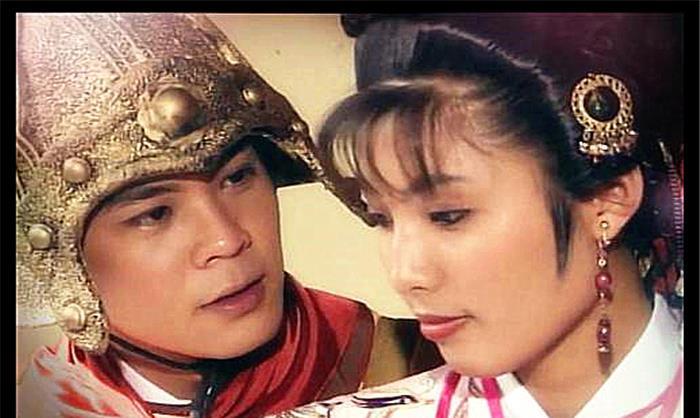There are always many titles different from each other between husband and wife, such as wives calling husbands husbands, lovers, sirs, xianggong, officials, langjun, etc. in ancient times, husbands call wives wives, daughters-in-law, wives, wives, wives, wives, etc. In ancient times, there are also, humble thorns, broomsticks, etc. Different titles actually have a certain relationship with their identity, and different statuses will generally choose the title of corresponding identity.

Costume character film and television image stills (photo)
For example, in ancient times, literati often called their wives "humble Jing", Xiucai often called his wife "niangzi", Zhuang Jiahan called his wife "mother-in-law" in a more vulgar way, and Shangjia called his wife "untouchable", etc. Of course, this is not absolute, it varies from person to person.
Of course, whether it is modern or ancient, it often causes some small problems and small contradictions because of the title, and what is the appropriate word to use to discuss with each other to call the other half of life? For example, in the Wei and Jin dynasties, Wang Rong, one of the Seven Sages of the Bamboo Forest, once discussed whether it was appropriate to discuss whether it was appropriate because of the title of husband and wife. And listen to the author's remorse to continue:
Wang Rong (王戎), courtesy name Maochong, was a famous scholar and official from the Three Kingdoms to the Western Jin Dynasty, and one of the "Seven Sages of the Bamboo Forest". He participated in the Western Jin Dynasty and the War against Wu, and was awarded the title of Marquis of Anfeng County because of his merits, so Wang Rong was also called "Wang Anfeng". When Wang Rong's wife is different from the wife of others to call her husband title, she often calls Wang Rong "Qing", although this title is OK, but it is indeed used very rarely in life, in ancient times, the word "Qing" was often used to refer to the name of a high-ranking official, or the title used by the king to a close minister. And Wang Rong's wife seems to call herself by this seems somewhat inappropriate. Therefore, Wang Rong had an opinion.
Wang Rong hoped that his wife would not call herself "Qing" and change her title, so he said to his wife: "Women and Taoists call their husband Qing, according to etiquette, there is disrespect, you should not call me that in the future!" Wang Rong thought that such preaching would persuade his wife, but his wife replied, "Qing Qing loves Qing Qing, it is Qingqing, I am not Qingqing, who is Qingqing." It means, "I call you Qing because I love you, and (I am your wife) I don't call you Qing, so who is more appropriate to call you Qing?" Wang Rong was dumbfounded by his wife's words, so he simply let her call it that. The idiom "Qingqing me and I" is derived from this allusion, describing a husband and wife or a man and woman who love each other as very intimate! (Text: Repentance of the Past)